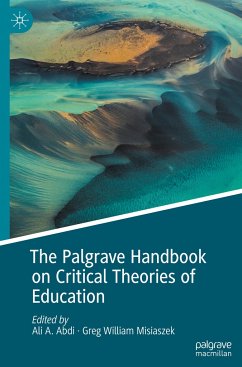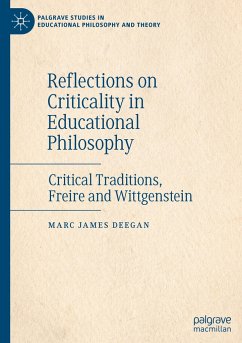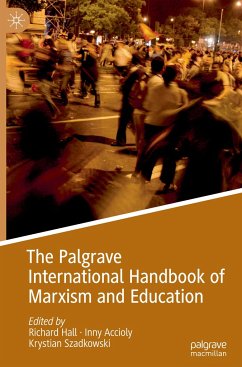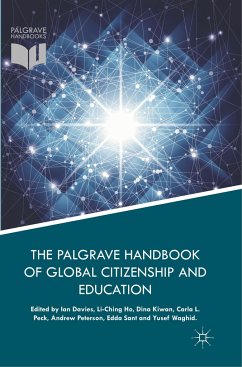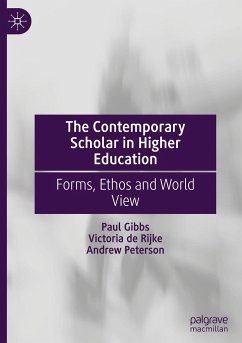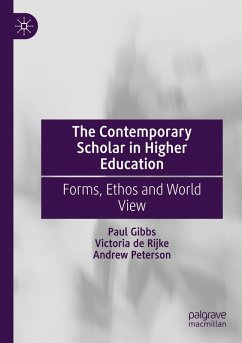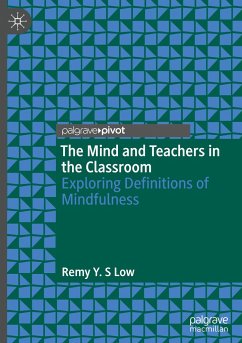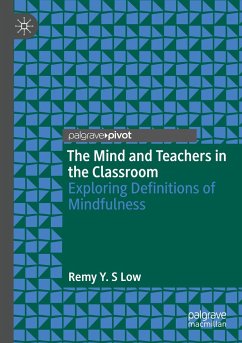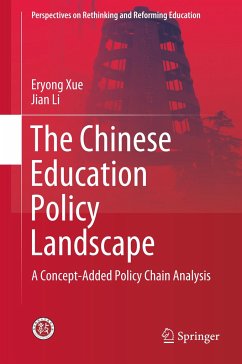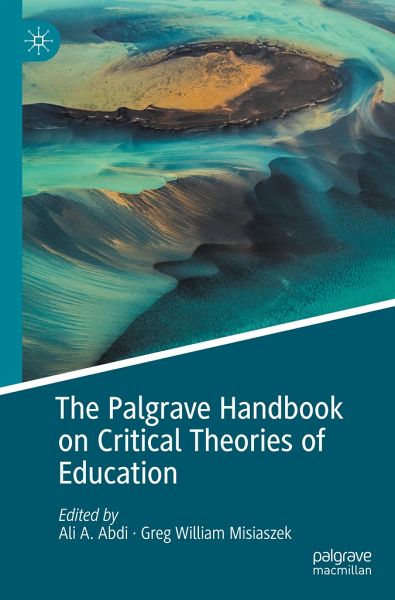
The Palgrave Handbook on Critical Theories of Education
Versandkostenfrei!
Versandfertig in 6-10 Tagen
113,99 €
inkl. MwSt.

PAYBACK Punkte
57 °P sammeln!
This handbook brings together a range of global perspectives in the field of critical studies in education to illuminate multiple ways of knowing, learning, and teaching for social wellbeing, justice, and sustainability. The handbook covers areas such as critical thought systems of education, critical race (and racialization) theories of education, critical international/global citizenship education, and critical studies in education and literacy studies. In each section, the chapter authors illuminate the current state of the field and probe more inclusive ways to achieve multicentric knowled...
This handbook brings together a range of global perspectives in the field of critical studies in education to illuminate multiple ways of knowing, learning, and teaching for social wellbeing, justice, and sustainability. The handbook covers areas such as critical thought systems of education, critical race (and racialization) theories of education, critical international/global citizenship education, and critical studies in education and literacy studies. In each section, the chapter authors illuminate the current state of the field and probe more inclusive ways to achieve multicentric knowledge and learning possibilities.



